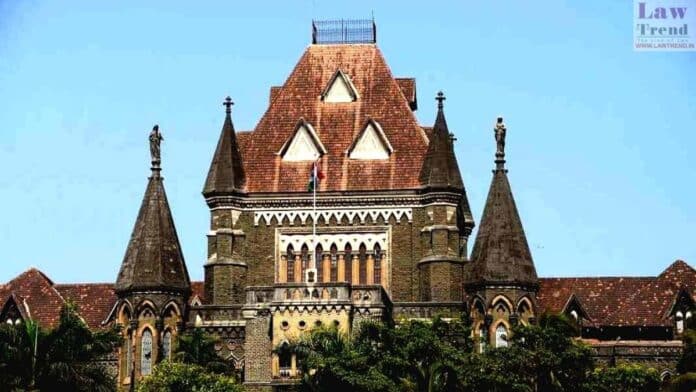Skoda Auto Volkswagen India has approached the Bombay High Court, seeking to quash a show cause notice issued by the Customs Department, which accuses the automotive giant of evading taxes amounting to $1.4 billion over a span of 12 years. The company alleged that the customs notice was arbitrary and could potentially tarnish India’s reputation in the global market.
The legal battle revolves around the importation practices of auto parts by Volkswagen between 2012 and 2024, with discrepancies in how parts were classified under the customs regulations. According to a 2011 notification, completely knocked down (CKD) kits, which include all automobile components in parts, attract a customs duty of 10%, while pre-assembled engines, gearboxes, and transmissions are subject to a 30% duty, and parts mounted on a chassis draw a 60% duty.
In September 2024, the Commissioner of Customs in Maharashtra issued a show cause notice to the Volkswagen group, alleging that the company had misclassified individual components as CKD units to evade taxes, necessitating a retrospective imposition of customs duties to recover the alleged $1.4 billion tax gap.
During the court proceedings, Volkswagen defended its importation practices, asserting that it has consistently imported parts in an unassembled condition that should attract only a 10% duty. The company highlighted its reliance on a global “predictive demand” model, whereby unassembled items are sourced globally and assembled locally in India.
The auto manufacturer also criticized the prolonged provisional assessments by customs authorities, which have not been finalized for years, arguing that statutory limitations require such assessments to be completed within six months. This delay, according to Volkswagen, renders the show cause notice unsustainable and premature.
Customs authorities, however, countered that Volkswagen systematically imported components separately to exploit lower duty rates, while actually qualifying for the higher CKD rates. They claimed to have seized incriminating materials supporting their allegations.
Volkswagen also emphasized the significant impact of the dispute on its operations and workforce, stating that around 100 consignments were halted, affecting 60,000 employees. The company expressed its commitment to its substantial investments in India and the critical nature of the issue.




